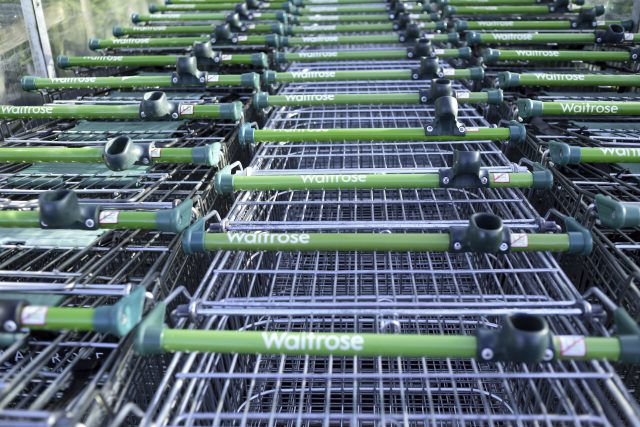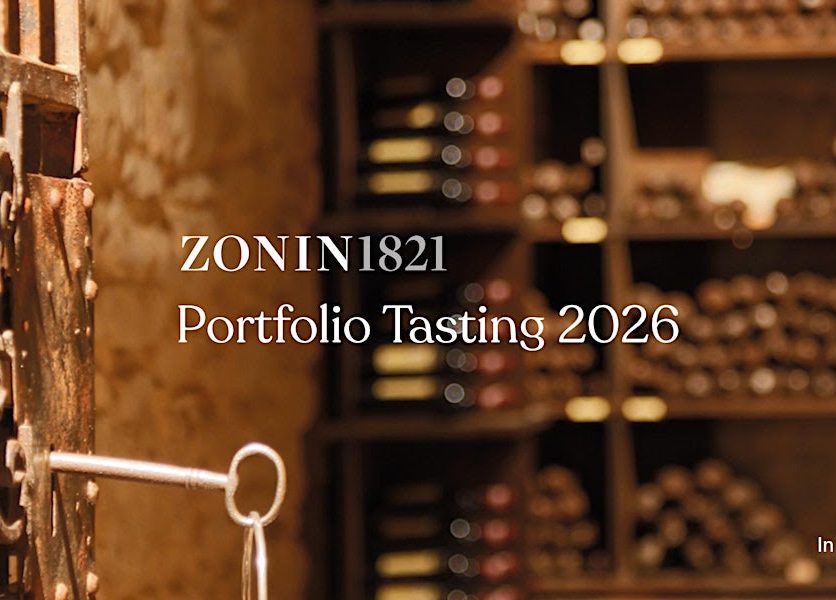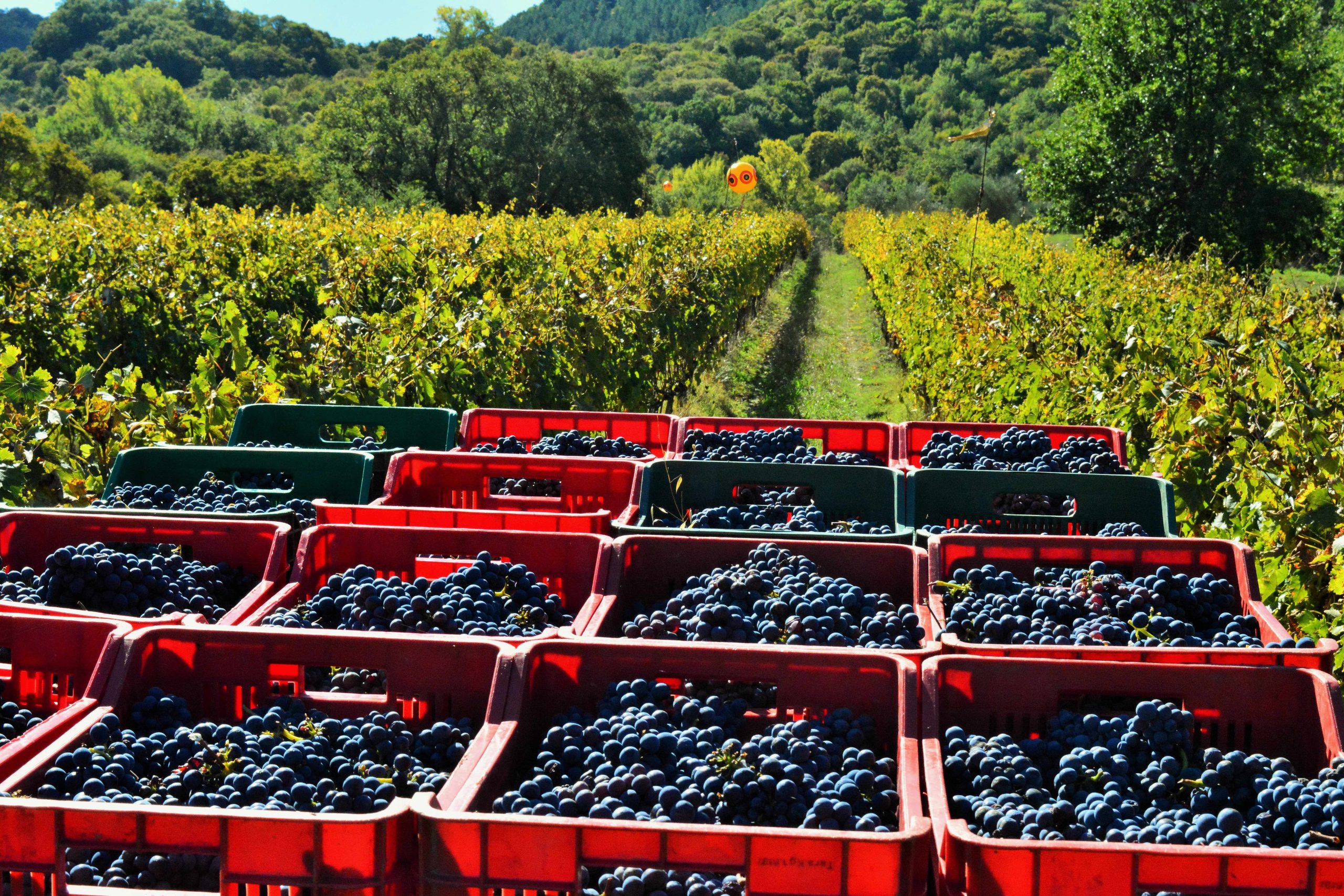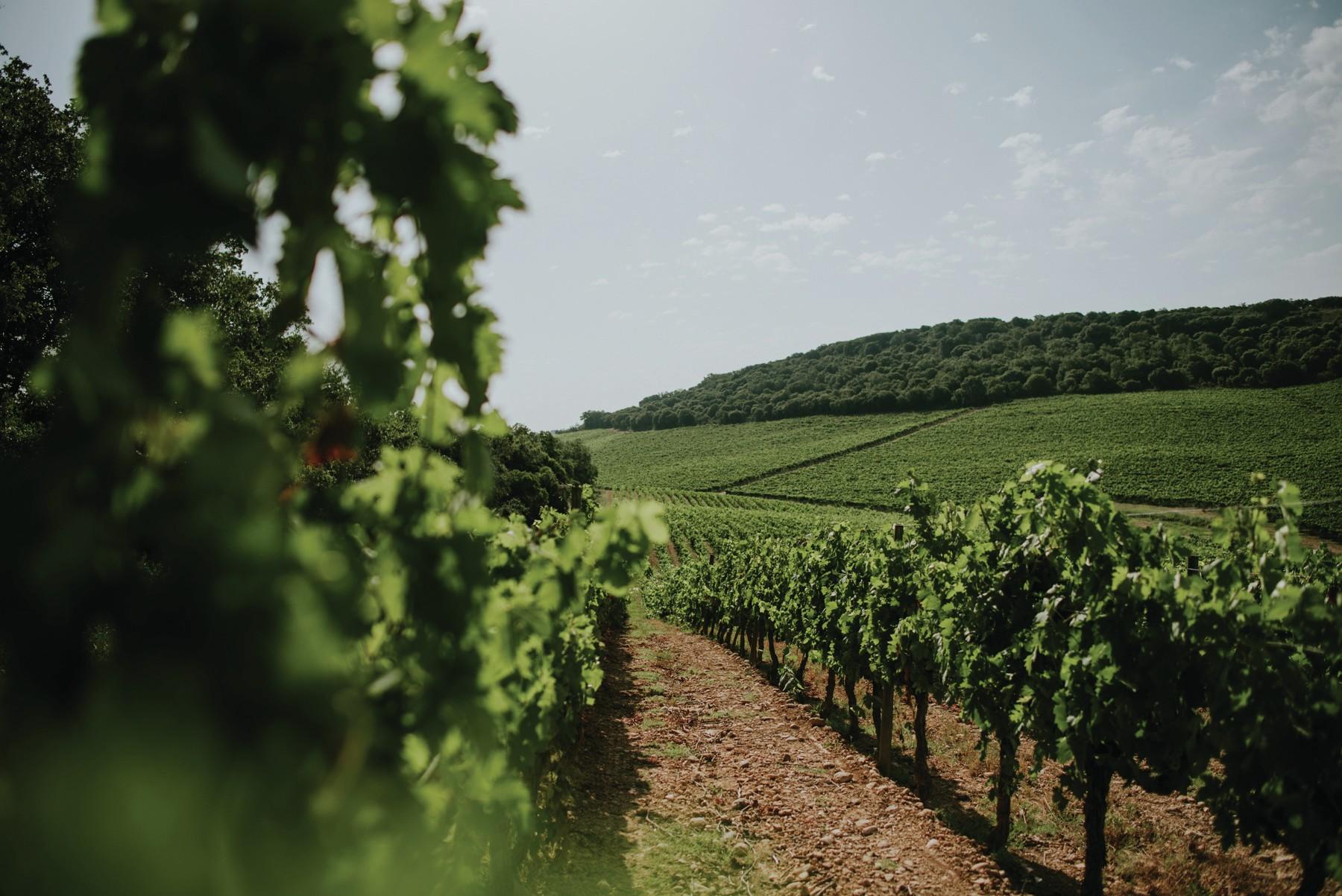Three key supermarket drinks trends
The 2022-23 Waitrose & Partners Food & Drink Report revealed a number of key drinks trends from over the last year, including Generation Z’s demand for no- and low-alcohol drinks, and a growth of interest in Irish whiskey.

Mixed up
Interest in mixology, particularly from younger generations, has been causing sales of certain spirits to spike.
Waitrose has seen a 107% increase in sales of white rum, citing a growing appreciation for the spirit’s versatility in cocktails. The UK is now the third biggest global market for rum, and the value of the category is projected to grow to US$20.2 billion by 2029.
The supermarket also notes an 8% increase in sales of Irish whiskey, a trend again attributed to the eau de vie being suited to mixology, perhaps more-so than some of the peatier, smokier Scotch whisky on the market.
Millennials, those born between 1981 and 1996 according to the most widely-accepted definition, are the driving force of this – preferring to drink spirits in cocktails, rather than neat.
Keeping with the cocktail theme, the report points out that drinks using tea have become a popular TikTok trend, with the hashtag #teacocktail garnering some 1.5 million views on the short video social media platform. The Negroni Sbagliato has also enjoyed viral success after a clip concerning the cocktail was widely circulated. The report does not reveal if these TikTok phenomena had a knock-on effect on sales of certain products.
One thing that is clearly noted is that Waitrose has ceased to sell Russian vodka after Putin’s invasion of Ukraine. A number of UK supermarkets have taken the same measure.
Lost your bottle
Waitrose has been leading the charge when it comes to rethinking retailers’ approach to wine packaging, including trialling capsule-free bottles and scrapping mini glass bottles in favour of aluminium cans.
Partner Content
Barry Dick was quoted in the report as follows: “We’re already seeing more sustainable innovations such as lighter-weight wine bottles, as well as glass bottles being produced using renewable energy. Our buying repertoire will change too as we feel more confident to buy wine in cans and boxes, motivated by their lower carbon footprints as well as the much improved quality and choice of these formats.”
Dick suggested wine in glass bottles might be kept for “those really special occasions”.
Despite the interest in alternative packaging formats, the report does mention that cork closures are “set for a big comeback”, though does not provide data to support this.
Health concerns
The survey found that a number of consumers claim to factor health into their buying decisions, at least for food: 56% look at the ingredients in a product before purchasing, and 53% state that they follow better diets in the name of health.
The report does not make an association with increased consumer interest in caloric content and possible health hazards, and government legislation on alcohol labelling, such as has been controversially imposed in Ireland.
A shift towards moderate drinking is primarily seen among younger generations. 45% of 18-24 year olds surveyed said that they had bought no- and low-alcohol beer, wine and spirits, as opposed to 33% of 25-34 year olds and 31% in the 35-44 age bracket.
The report did reveal that 36% of those surveyed “treat” themselves to buying a bottle of wine regularly. By contrast, 39% claimed to regularly buy a houseplant or bunch of flowers, and 46% bought chocolate or a dessert to satisfy their sweet tooth.
As for mental health, the supermarket revealed in a small section on the report on the benefits of Cannabidiol, or CBD, the non-addictive compound found in cannabis, that it would be launching CBD-infused drinks in blood orange & grape fruit and elderflower & mint flavours this m0nth. These do not appear to contain alcohol, but it is claimed that the CBD helps the consumer to destress and focus. There is clearly a market for these beverages – Trip CBD was named the UK’s fastest-selling soft drinks brand in March.
Related news
Passoã marks 40 years with global ‘Taste the Sunset’ on-trade push
Bartenders hold the key to Britain’s drinks brand growth, says NIQ




